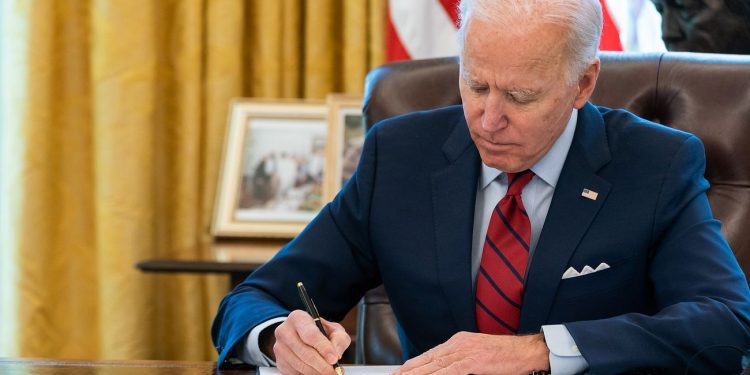In the wake of the devastating Israel-Hamas war, President Joe Biden has expressed his opposition to an Israeli military reoccupation of the Gaza Strip, a White House national security spokesperson, John Kirby, informed the press on Tuesday. This statement came as a direct counter to Israeli Prime Minister Benjamin Netanyahu’s hint at a long-term Israeli security presence in Gaza after the conflict.
The suggestion of reoccupation emerged after Netanyahu conveyed to ABC News that Israel might assume control over Gaza’s security indefinitely to prevent Hamas terror activities. Biden’s administration, however, believes that such a move would not be conducive to peace or stability in the region.
Kirby highlighted the need for a thorough dialogue on the future governance of Gaza once the current hostilities cease. The emphasis was on avoiding a return to the pre-conflict situation as it was on October 6, suggesting the need for a new approach to the territory’s administration.
Amidst this dialogue, Hamas spokesman Abdel Latif al-Qanou dismissed the notion of removing Hamas from governance, underscoring the group’s deep-rooted connection with the people in Gaza and their right to determine their future.
The discourse on Gaza’s occupation is complex, considering Israel’s control over its borders, airspace, and territorial waters, despite withdrawing its ground forces in 2005. Israel has since imposed a stringent blockade on Gaza, following its capture of the territory in the 1967 War, which has led to severe humanitarian crises.
The region has seen an escalation of violence with Israel conducting an air and ground offensive against Hamas, leading to significant casualties on both sides and a large number of hostages taken by Hamas. International calls for a ceasefire have so far been unsuccessful, with both Israel and Hamas placing conditions on halting the conflict.
The fighting has intensified within Gaza, with Israeli ground forces engaging in battles that have left the territory and its main city encircled. Humanitarian conditions have deteriorated rapidly, with many Palestinians forced to flee, often with minimal belongings, seeking safety from the bombardment.
The humanitarian crisis has been exacerbated by the siege, with the Red Cross reporting attacks on medical convoys and widespread destruction of infrastructure, adding to the civilian toll.
In the international arena, United Nations Secretary-General Antonio Guterres has termed the aid entering Gaza as woefully insufficient, referring to it as “a trickle against an ocean of need”. The closure of the Rafah crossing after an Israeli bombing and the reported attack on an ambulance have further restricted humanitarian access to the enclave.



